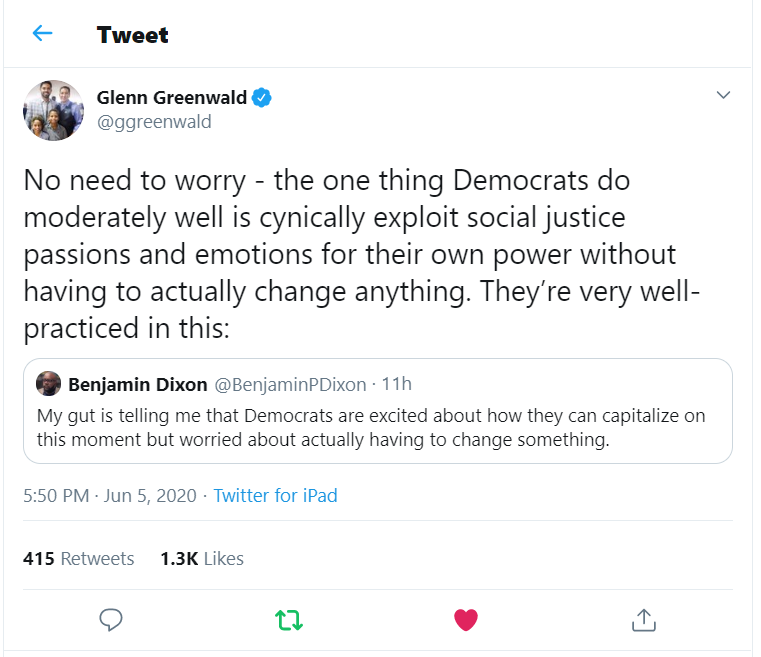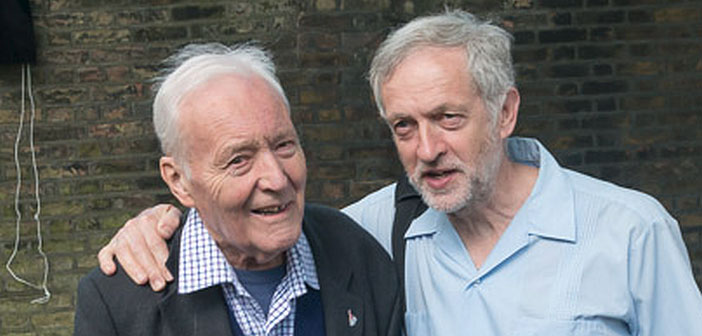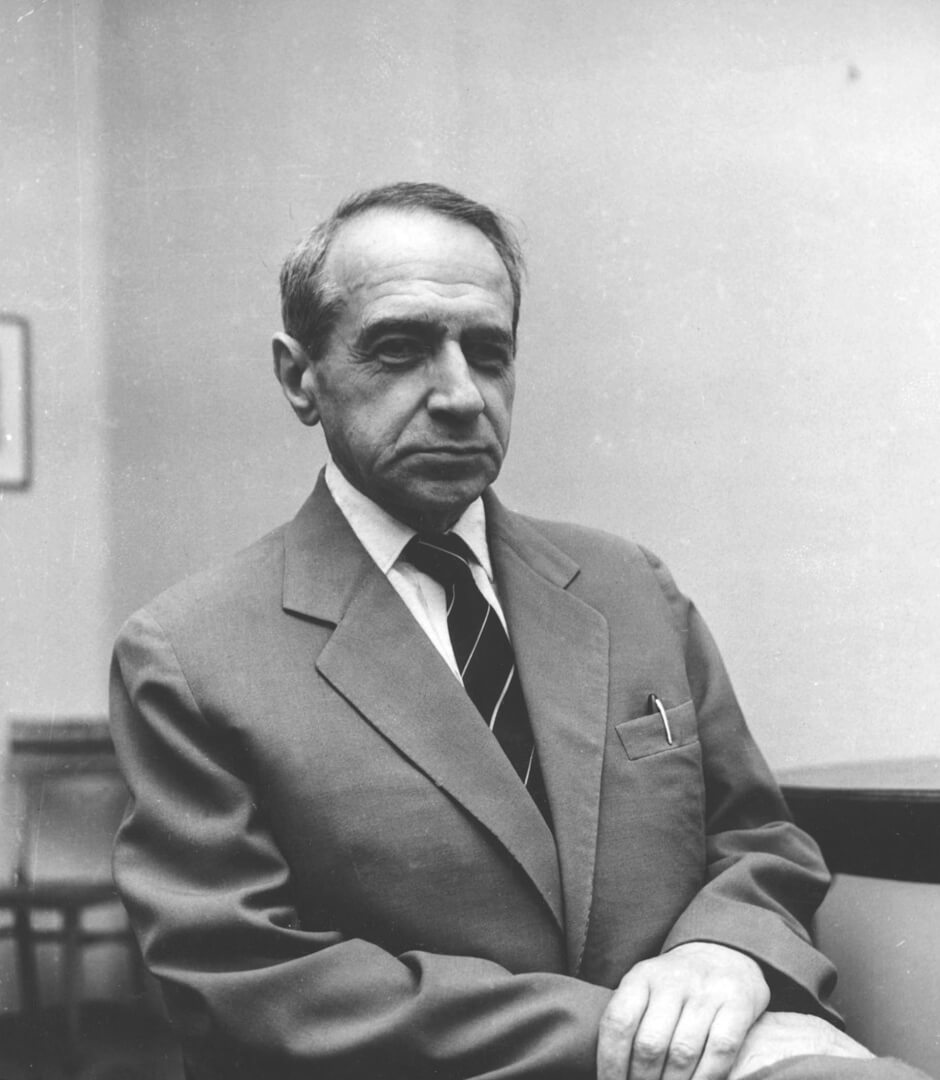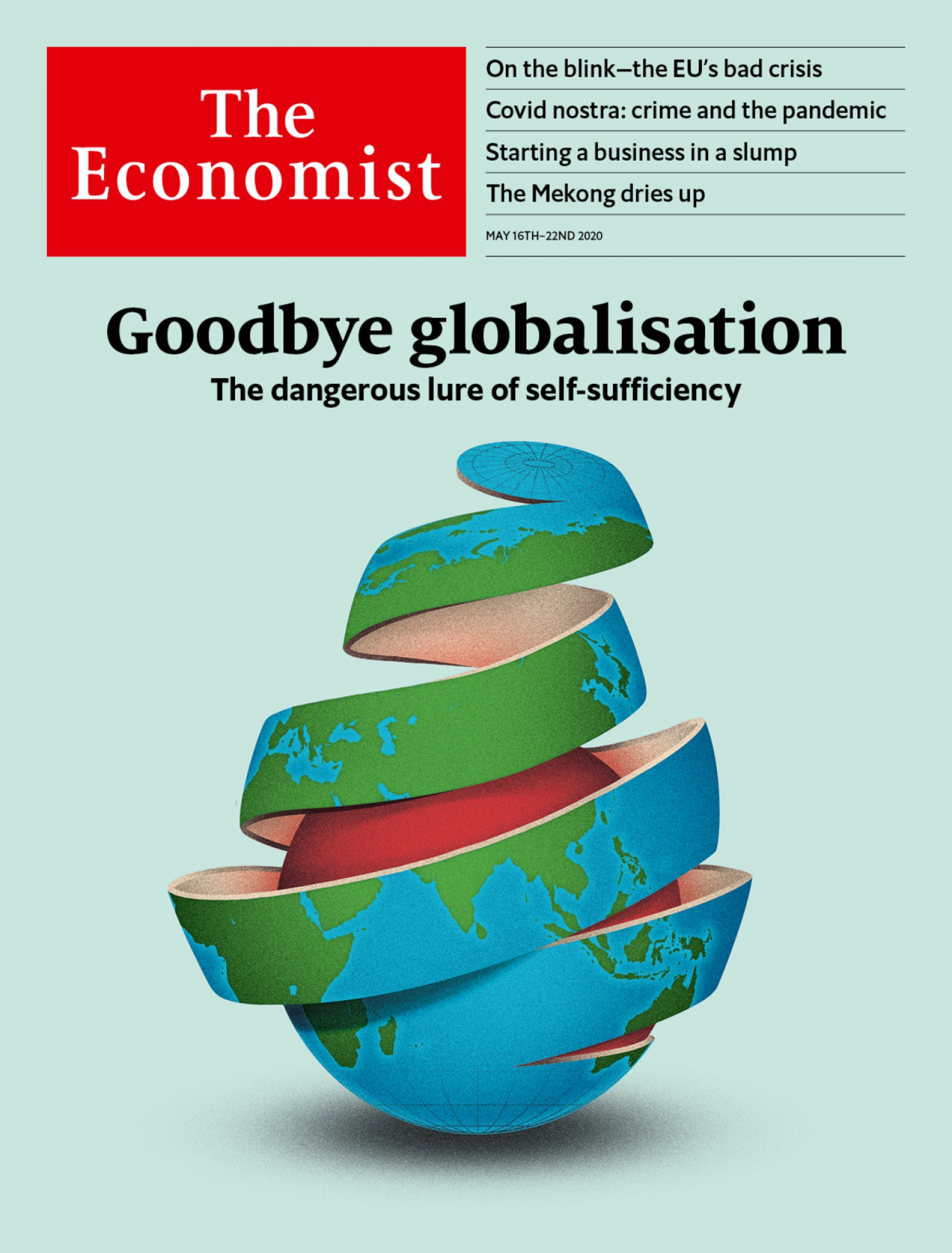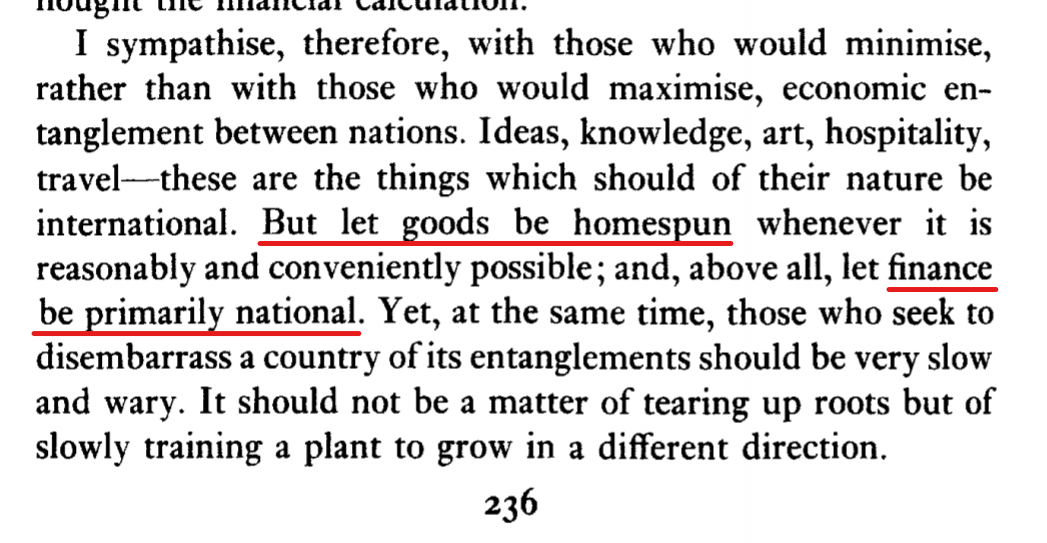Some good quotes by Joan Robinson on deficits and debt:
In Introduction To The Theory Of Employment, Chapter 5, Change In Thriftiness, in the section A Budget Deficit, 1937:
A special kind of reduction in thriftiness is represented by a budget deficit. If the state is paying out more money in salaries to civil servant, commissions to contractors and so forth, than it is receiving in taxation, and is borrowing the difference by issuing Treasury bills or otherwise raising loans from the public, then it is in just the same position as an individual who is spending on current consumption more than his income, by means of drawing on past accumulated wealth or getting into debt. In short the state is dis-saving. The result is to increase incomes and expenditure all round. Suppose that the state keeps its outlay constant and remits taxation. Then out of the increased net income of taxpayers part will be spent, and this extra spending will raise the incomes of those on whose output the expenditure is made. Out of this extra income, again, a part will be spent; and so on. Just as in the case of investment, the extra expenditure will lead to such an increase in incomes that the public are saving more than they otherwise would have done at just the same rate the government is borrowing.
The idea that a budget deficit is good for trade is often found to be shocking, but it is a fact which has become obvious to the governments of the world since the great depression began in 1929. The argument used to be common, particularly in England, that a budget deficit upsets the confidence of entrepreneurs, and so does more indirect harm to employment than direct good. But this is a case where “thinking makes it so”, and it is found nowadays that a deficit accompanies by the right kind of propaganda can have a very beneficial effect.
The mere fact that a deficit is good for trade is not a sufficient argument for having a deficit, since other methods of improving trade may be preferable. It can, however, be regarded as a merciful dispensation that budgets have a tendency to come unstuck when trade is very bad. Taxes fail to yield as much as was expected, while expenses in connection with unemployment go up, and the government is forced to borrow to meet its current outgoings. This has the effect if preventing the decline in employment from going so far as it would if the budget were kept balanced.
In The Problem Of Full Employment, Chapter 9, Some Fallacies, 1943:
1. “THE TREASURY VIEW”
During the great slump it was the official view that Government investment cannot increase employment. The argument ran: there is a certain amount of saving going on at any time, and if more savings are invested by the Government, less will be available for private enterprise. This overlooks the fact that if there is more investment there will be a higher level of activity and of incomes and consequently more saving. The argument is so childish that it would not deceive anyone who had not a strong wish to believe it. Nevertheless, it was for many years the basis of Government policy, and was set out in a famous White Paper in 1929.
2. “ECONOMY”
The National Government which was formed in 1931 went in for a great economy campaign. Local authorities were compelled to cease work on building schemes, roads, fen drainage, and so forth. An emergency budget was introduced, increasing taxation, cutting unemployment allowances and reducing the pay of public servants, such as teachers and the armed forces. Private citizens felt it was patriotic to spend less. Some Cambridge Colleges gave up their traditional feasts as a recognition of the crisis. All this helped to increase unemployment and make the economic situation of the country still more depressed. Nowadays there is considerably more understanding of how things work and it is unlikely that such a completely idiotic policy will be tried again.
3. THE BURDEN OF THE NATIONAL DEBT
The National Debt is often brought forward as an argument against public spending to create employment. There is a good deal of confusion between the National Debt and the debt of an individual. An individual who is in debt has to pay interest to someone else, and will be obliged to return the sum borrowed to the lender. A nation which is in debt has to pay interest to its own citizens (a foreign debt is a different story and is much more like a private debt). That is to say, the Government has to raise taxes from Peter and Paul and pay interest to Paul and Peter. Taking the country as a whole, there is no burden of the debt. Moreover, the debt need never be repaid. As one lot of bonds fall due to be redeemed a fresh lot can be sold to the public. If the debt is finally repaid, it is repaid out of the wealth of the citizens of the country, and this, like interest payments, is merely a swap round among the members of the community.
At the same time there are genuine objections to a large National Debt. It means that there is a large volume of rentier income (the interest on Government bonds), so that the active part of the population has to allot a large share of the proceeds of production to the mere owners of wealth. This objection is all the stronger if the holders of the National Debt are mainly the richer part of the community, while taxes to pay their interest are raised from the population as a whole. This drawback can be kept within bounds, first, by keeping interest rates low, and second, by arranging the tax system so that the same class which gets the interest has to pay the extra taxes. But however well the national finances are managed, some objection must remain.
This does not mean that fear of increasing the National Debt is a sound objection to having a full employment policy. The drawback of having a swollen rentier class is trivial compared to the loss of wealth and of happiness, and of life itself, which is entailed by unemployment.
If, however, we are to have a full employment policy in any case, the problem must be viewed in a different light. Government outlay covered by taxation on the rich is to be preferred to borrowing. A full employment policy conducted according to the rules of Sound Finance is far more radical than a policy of deficits, and Government loan expenditure can only be justified as a concession to the status quo.

